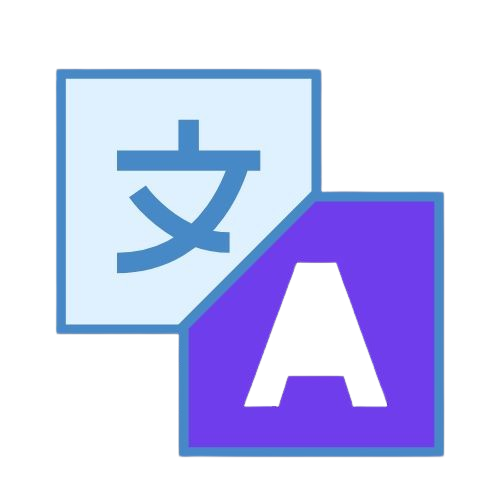No related phrases available for this word.
The word "was" is a verb that means Past tense singular form of 'be'.. In Bengali, it is expressed as "ছিল, ছিলে, ছিলেন", which carries the same essential meaning. For example: "She was happy yesterday.". Understanding "was" enhances vocabulary and improves language comprehension for both English and Bengali speakers This term plays an important role in effective communication and language learning.
was
verbছিল, ছিলে, ছিলেন
ওয়াজEtymology
Old English 'wæs', past tense of 'be'.
More Translation
Past tense singular form of 'be'.
'Be' এর অতীত কালের একবচন রূপ।
Past singularUsed with singular nouns and pronouns in the past tense.
অতীত কালে একবচন বিশেষ্য এবং সর্বনামের সাথে ব্যবহৃত হয়।
Grammatical usageShe was happy yesterday.
সে গতকাল সুখী ছিল।
I was there.
আমি সেখানে ছিলাম।
Word Forms
Base Form
be
Base_form
be
Present_tense
am, is, are
Past_participle
been
Present_participle
being
Common Mistakes
Common Error
Using 'were' instead of 'was' with singular subjects.
Use 'was' for singular subjects (I, he, she, it) in past tense, 'were' for plural and 'you'.
একবচন বিষয়ের সাথে 'was' এর পরিবর্তে 'were' ব্যবহার করা। অতীত কালে একবচন বিষয় (I, he, she, it) এর জন্য 'was' এবং বহুবচন এবং 'you' এর জন্য 'were' ব্যবহার করুন।
Word Frequency
Frequency: 10 out of 10
Collocations
- was born জন্মগ্রহণ করেছিল
- was going যাচ্ছিল
Usage Notes
- Past tense form for singular subjects 'I', 'he', 'she', 'it'. একবচন বিষয় 'I', 'he', 'she', 'it' এর জন্য অতীত কালের রূপ।
Yesterday is history, tomorrow is a mystery, but today is a gift. That is why it is called the present.
গতকাল ইতিহাস, আগামীকাল রহস্য, কিন্তু আজ একটি উপহার। সেজন্য একে বর্তমান বলা হয়।


Comments
0 commentsNo comments yet. Be the first to comment!
Leave a Comment